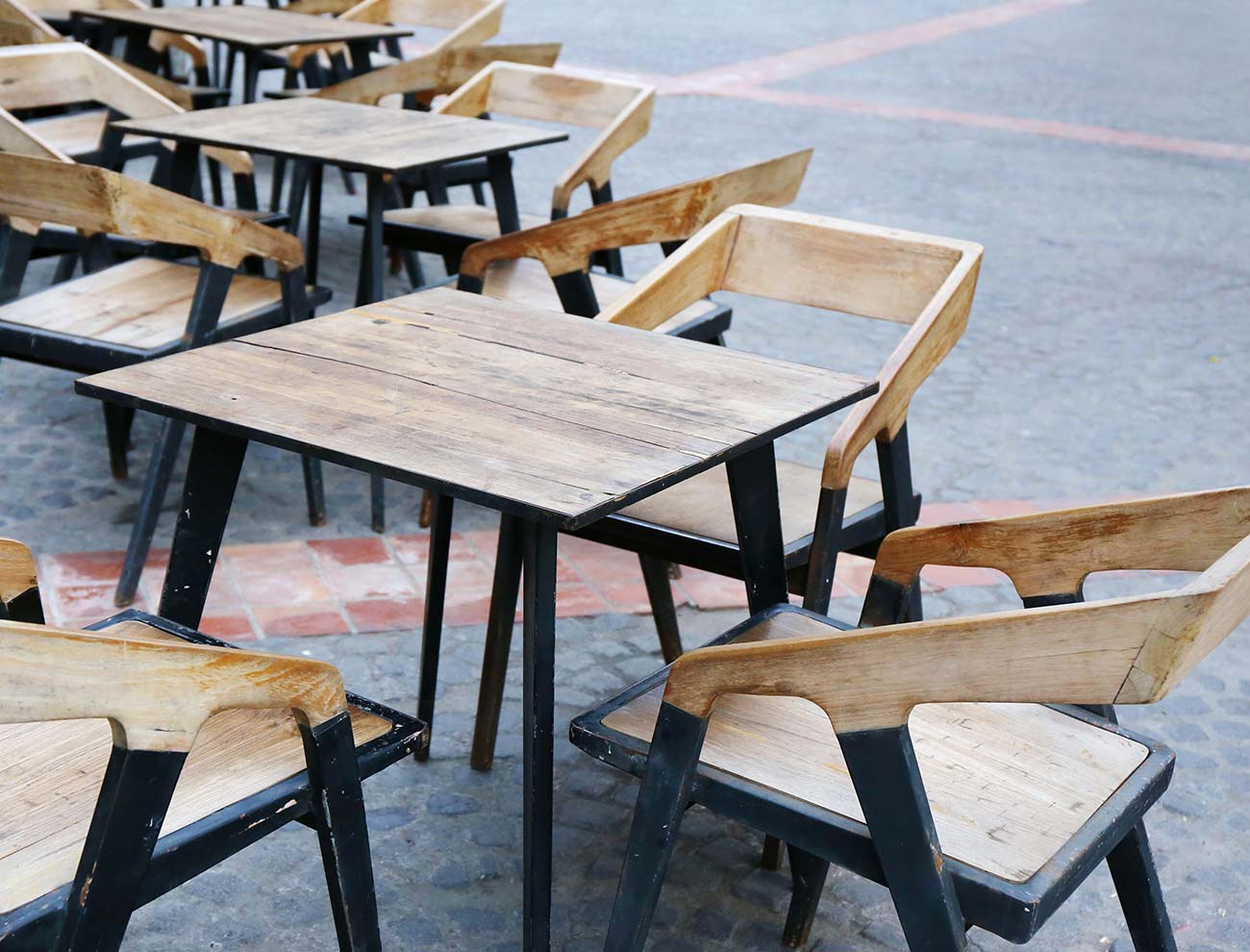
Restaurant Fine Dining
Decide If Starting One Is Right for You
:brightness(10):contrast(5):no_upscale()/waiter-picking-up-dishes-in-kitchen-at-restaurant-495332577-5ac0facf0e23d90036761430.jpg)
The term Fine Dining brings to mind all kinds of images, from crisp white tablecloths to waiters in tuxedos. Fine dining, just as the name suggests, offers patrons the finest in food, service, and atmosphere. It is also the highest priced type of restaurant you can operate. While you may bring in mucho bucks with a fine dining restaurant, you will also pay out more money than if you were running a more casual restaurant, such as a diner or café.
There are three main areas of focus with a fine dining restaurant: the menu, service, and atmosphere.
Menu
Many people choose fine dining restaurants for a special occasion, so the food must not disappoint- in either selection or quality. You don’t need to feature a huge menu, but it should be interesting, offering unique items that patrons wouldn’t find at any other restaurant. A hallmark of modern-day fine dining is offering locally sourced foods. A top menu trend for almost a decade, local produce, meats, and seafood offer superb taste and instant value. Many fine dining restaurants offer prix fixe menus or limited menus that change on a daily or weekly basis.
This type of smaller, rotating menu also encourages buying locally sourced foods when seasonal items are at their peak of freshness. Your chef can exercise his or her creativity when designing dishes to fit with the season.
Fine dining wine and liquor selections should be on the high end. No Allen’s Coffee Brandy or Bud Light needed. Instead, focus on top shelf liquors and a wide selection of cognacs, brandies, and other after-dinner drinks. Your wine list should compliment your menu. With the rise in artisan beers over the past decade, many fine dining restaurants offer a wide variety of microbrews in addition to wines and spirits. Fine dining servers should be able to offer a wine or beer choice for each menu dishes.
Customer Service
Customer service in a fine dining restaurant is much more attentive than in casual dining establishments. Fine dining service goes far beyond taking an order and delivering food. Many fine dining services include:
- Escorting patrons to the table, holding the chair for women
- Escorting patrons to the restrooms
- Crumbing the table in between courses
- Replacing linen napkins if a patron leaves the table
- Explaining menu items without notes
- Serving food directly on the plate at the table
All of the details that are expected of a fine dining server require that your staff be rigorously trained. They should be able to answer any and all questions customers may have about a menu or item or wine. They should also be ready to make menu recommendations if asked. No detail is ever too small to pay attention to in fine dining.
Atmosphere
Fine dining used to be synonymous with snooty French waiters and restaurants with names like “Le Fancy-Smancy” (or something of that ilk). Today fine dining can be in any type of setting and feature a wide variety of cuisine, from ethnic to organic, local fare. Standards you should always include in fine dining are fine china, glassware, and flatware (absolutely no paper, plastic, or Styrofoam). While tablecloths are hard to escape in fine dining, the rest of the atmosphere is up to you. You can take the traditional route, with silver candelabras and rose centerpieces, or go for hip and trendy with a bold color scheme and modern furnishings.
Music playing subtly in the background should reflect your themes, such as classical for a traditional fine dining restaurant or jazz tunes for something modern. Lighting should also be subtle, leaning toward dim (romantic).
No matter what your restaurant concept, every restaurant from a simple diner to a street-side cafe, can (and should) offer a fine dining level of customer service and food quality. Ultimately, customers should feel that the money they spent at your restaurant was worth it, no matter if it was a $400 dinner for two or an $8 tab for a burger and beer.
Fine dining requires a lot of attention to detail, but it can pay off in the end when you have reservations months in advance, waiting to eat at your restaurant. Fine dining is no longer synonymous with white tablecloths and servers in tuxedos. Today’s fine dining is about high-quality foods, often locally sourced, and prepared in unique ways. Even restaurants who aren’t a strict “fine dining” establishment benefit from the same tenants of excellent food, atmosphere, and service.

 WhatsApp us
WhatsApp us